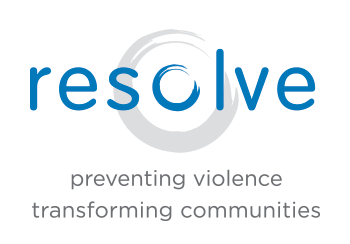When I was checking out colleges as a teenager, I was concerned about safety on campus. So I asked questions. I noticed many schools had blue light emergency phones on campus, and many of my questions centered around their presence or absence. I experienced a rude awakening when I encountered a student generous enough to answer my questions.
She was passionate and indignant as she noted the blue lights were nowhere nearby when her “friends” who she trusted raped her. She told my 17-year-old self that rape usually happens by someone you know.
That conversation stuck with me for over a decade, but it wasn’t enough to stop me from having to learn it firsthand. Even majoring in Women’s Studies did not prevent me from entering an abusive relationship during my college years.
What I needed were concrete skills and strategies. I needed to think of safety as something that I should be conscious of in my relationships, not just when I was walking alone at night. I needed to learn to connect behaviors in my relationships to larger patterns of abuse. I needed to practice having difficult conversations, and I needed to see breaking up as an option that did not indicate failure. I needed someone to tell me that while it is always the perpetrator’s fault and never the victim’s, that I could take action and do something about it.
Whenever I think of the lack of preparation we give girls for the situations they are bound to face with dating, parties and friendships, I keep coming to one conclusion: It’s just not fair.
It’s simply not fair to know, as adults, the situations our young women are bound to face and not prepare them with the skills to negotiate them. It’s not fair to ask them to depend on the men around them to have good intentions in order to stay free from violence. It’s not fair to only arm them with “don’t wear a short skirt” or “run away & get help” as their only defenses to complex situations.
As a teen, I didn’t know the right questions to ask. So, as adults, we need to ask the colleges and universities where we send our children how they prevent sexual assault on campus — with programs, not just with security staff and emergency phones. We need to ask our college prep and high school programs how they are preparing girls for situations that could seriously jeopardize their academic success as well as emotional well-being. And we need to ask them how they’re preparing boys for situations they may face and how they can become agents to stop sexual violence as well.
